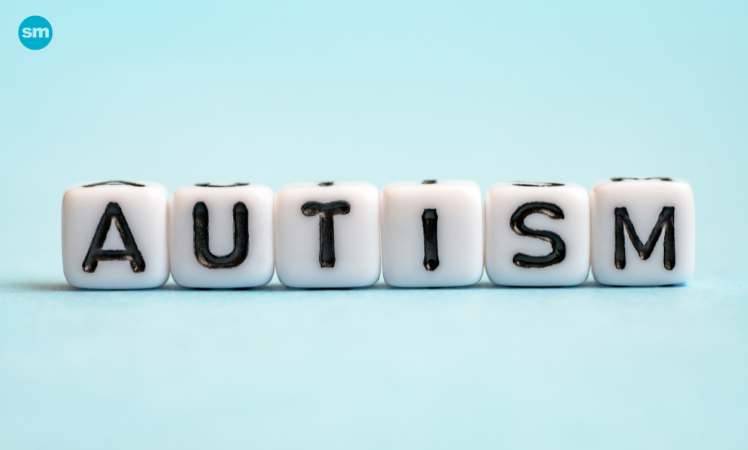Steps To Take After Receiving A Diagnosis Of Autism up

Last Updated on May 7, 2024 by Kathy
After receiving a diagnosis of autism, you may feel overwhelmed trying to make sense of everything. Many people find themselves overwhelmed and overwhelmed with questions. If you are just beginning to seek answers or if you have been through the process before, here are some tips for what to do after you receive a diagnosis of autism.
Consider Finding A Therapist After Receiving A Diagnosis Of Autism
A therapist can be helpful in giving you the support that you may need. There are many different types of therapists, and it can be difficult to know where to start. A good place to start is by talking to your family doctor or pediatrician. They may be familiar with the resources in your area. You can also talk to your local autism society or local support group. They may have some recommendations.
Get Support From Parents and Friends
You may feel isolated and alone when you receive a diagnosis of autism. If you know others who have also been diagnosed, consider getting together with them and talking about what you are going through. You might be able to share strategies or ask questions. You might also try joining a support group online. This can help you feel less alone and gives you the opportunity to talk with others who have experienced what you are going through.
Hire A Lawyer
In recent years, a growing number of parents have filed personal injury lawsuits against drug companies, claiming that their children were diagnosed with autism as a result of taking certain medications. In particular, Tylenol has been the subject of a number of lawsuits, with claims that the drug can cause autism in children.
The Tylenol and autism personal injury lawsuits allege that taking the drug during pregnancy or shortly after can increase the risk of autism in the baby. The lawsuits also allege that the drug manufacturer failed to properly warn consumers of the potential risks. The plaintiffs in these cases are seeking financial compensation for the medical expenses, lost wages, and other costs that have been incurred as a result of the diagnosis.
In order to be successful in these cases, the plaintiffs must prove that their children’s autism was caused by taking Tylenol. This can be difficult, as there is no definitive link between the drug and the condition. However, a number of studies have suggested that taking the medication during pregnancy or shortly after can increase the risk of autism.
Ultimately, if a personal injury lawsuit is successful, the plaintiffs may be eligible for financial compensation. This can be used to cover medical expenses, lost wages, and other costs related to the diagnosis of autism. It is important to note that these cases can be complex and lengthy. Therefore, it is important to consult with a qualified lawyer prior to filing a claim.
Seek Out Information About Diagnosis And Treatment Options
There are many resources available for parents and children with autism, but not everyone knows where to start. Consider reading books, websites, or blogs about autism and how people with autism live their daily lives. There are also many support groups available for parents and children with autism.
Make Your Lifestyle Changes After Receiving A Diagnosis Of Autism
Making lifestyle changes can be beneficial for people with autism. These changes can include eating a healthy and balanced diet, exercising regularly, and establishing a regular sleep routine. Eating a balanced diet can provide the essential vitamins and minerals needed for optimal health, while also helping to control weight. Exercise can help to reduce stress, improve sleep quality, and promote overall well-being. Establishing a sleep routine can help to regulate the body’s natural circadian rhythm and improve mood and mental clarity.
In addition, it is important to limit the amount of exposure to digital screens and electronic devices. Studies have shown that too much exposure to electronic devices can lead to increased stress, decreased focus, and lack of sleep. It is also important to limit screen time and make sure to take regular breaks from technology.
Finally, it can be beneficial to engage in activities that involve physical and mental stimulation. Activities such as playing an instrument, engaging in art projects, or participating in sports can help to improve motor skills and focus. Finding ways to reduce stress and anxiety can also be beneficial for people with autism. Strategies such as mindfulness, meditation, and deep breathing can help to reduce stress and improve overall mental and physical health.
While there is no “right” way to handle receiving a diagnosis of autism, these tips can help you make the best decisions for your family, including what actions to take once you have received your diagnosis.







